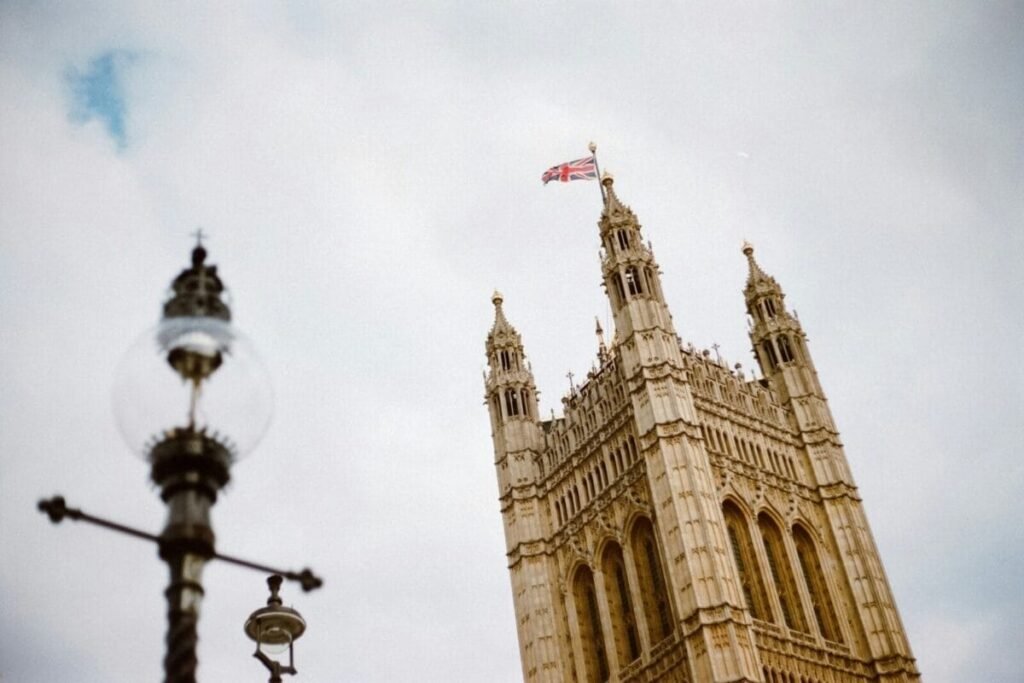With the Chancellor’s Budget expected to deliver the most significant overhaul of property taxation in years, Nima Ghasri, Managing Director of regulated property buyers Good Move, outlines the potential implications for homeowners, buyers, and those navigating a volatile housing market. From council tax reform to the possible replacement of Stamp Duty, the anticipated changes could reshape how Britons buy, own, and save for property.
“The upcoming Budget looks set to make significant changes for UK homeowners and buyers, especially those who own property in high-value areas.
In an economic climate dominated by inflation, high mortgage rates, and general market uncertainty, the upcoming Budget could be a pivotal moment for UK homeowners and buyers. With the government under intense pressure to balance the books, property wealth is looking like a key source of revenue, with Council Tax and Stamp Duty speculated to have some drastic changes. The general public must prepare for tax increases, especially those who own property, and particularly those in high-value areas.
It’s widely acknowledged that Council Tax is long overdue for reform. Many are expecting a potential shift towards a tax based on current property values or significant increases in the rates for the highest value bands (G and H), which would impact around 4% of homes in the UK.
Homeowners in less affluent areas and the lower council tax bands may actually see a relative decrease.
There has also been lots of speculation around the future of Stamp Duty, with it looking possible the tax might be scrapped for owner-occupiers, and replaced with an annual property tax, likely on homes valued over £500,000.
This would mean good news for anyone buying a home under £500k, as they would save the immediate, large lump sum of Stamp Duty. However, buyers of higher-value homes could face a recurring annual charge instead of a one-off payment. This could make long-term homeownership more expensive for those in high-value areas like London and the South East. There are also some reports suggesting this tax could be paid by the seller rather than the buyer.
Suspected tax changes aren’t limited to property ownership, but also to how people save for a deposit and manage their income. Speculation suggests a potential cut to the annual limit for Cash ISAs – from £20,000 to £10,000 – to encourage more investment in stocks and shares.
If you are saving a large deposit purely in cash, you may be forced to place more money into riskier Stocks and Shares ISAs or accept that a larger portion of your cash savings will be taxable. It’s advisable to review your deposit savings with a financial advisor.
We advise homeowners and prospective buyers to factor in these potential annual costs now, whether it’s a larger Council Tax bill or a recurring property tax on homes over £500,000, and seek expert advice to future-proof their finances. For those who need a guaranteed, fast, and certain sale to navigate a volatile market or to sell a high-value property before potential tax hikes, regulated property buyers offer a chain-free solution.”

